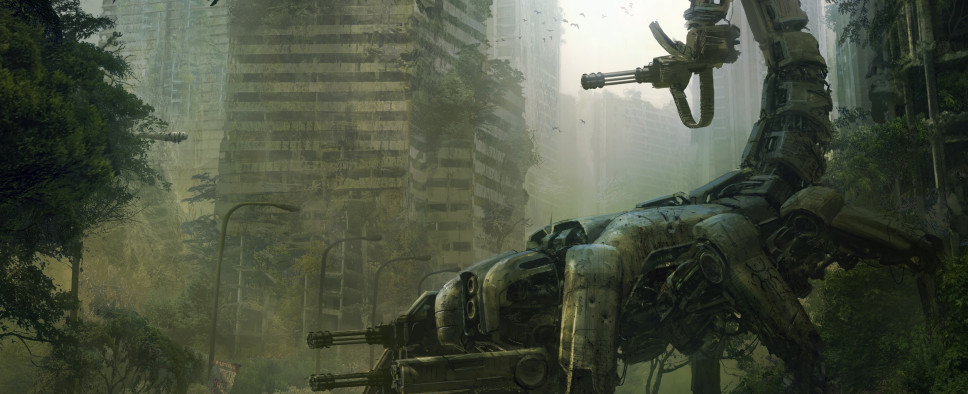Wasteland 2 Review
-
Category: ReviewsHits: 18065

Article Index
Given Fallout has been clearly a point of reference for the game's fiction, it's also worth pointing out a few differences between inXile's and Interplay's titles. First, the story in Wasteland 2 is much more gated than in a Fallout title, and as a result, there is less freedom to explore. At times the game can even feel slightly railroad-y despite featuring an open world map system (more on that later). Second, the game's tone and setting, despite operating in the same coordinates, are subtly different from those of Fallout in a few important ways. While they definitely weren't always smart or nuanced, the Fallout games had a darker and more mature take than many video games on subjects like war, humanity's need to form communities, technology, etc. When Wasteland 2 approaches the same subjects, it does so in a far blunter manner, often offering facile and unsatisfying answers.
Finally, given I talked so much of the game's writing, it's worth briefly going over the game's dialogue system. While Fallout used a dialogue tree structure for conversations, Wasteland 2 opts for a keyword-based dialogue system, though it's always possible to know exactly what a character would say by hovering the mouse pointer over a keyword. It's a system that lends itself to the party-based nature of the game, but gives the conversations a slightly less structured and natural feeling. It's also possible to input a keyword manually via a text box, something that should theoretically let enterprising players discover additional keywords and unlock even more conversation lines. I can't say I actually ever found any additional keywords to use however, as the NPC's responses always ranged from befuddlement to total silence (at points making me wonder whether what I'd typed went through).
All things considered, though, Wasteland 2 mostly succeeds at recapturing not only the volume but also the quality of the writing and quest design Interplay's titles offered in the late 90s. For that, the writers and designers at inXile get my full appreciation.
Character Progression and Gear
Wasteland 2 certainly wears its inspirations on its sleeve when it comes to character progression and offers a wide range of stats to select both during character creation and level up. A full party is composed by a core of four rangers that can be either created by the player or selected from a number of pre-made characters, to which a player can add a maximum of three more companion NPCs, for a total of seven party members.
Before making some considerations on how the character progression system of Wasteland 2 influences the gameplay, where it succeeds and where it fails, I'll give a brief breakdown. There are 7 main attributes: Coordination, Luck, Awareness, Strength, Speed, Intelligence, and finally, Charisma. While some of these attributes are checked directly in some situations (the sum total of the party's Charisma is referenced when attempting to recruit CNPCs, for example), attributes are mostly a mean to influence the game's derived stats. For example, Intelligence determines how many skill points are earned at level up, and Strength influences melee damage and a character's carry weight, among other things.
Most of the derived stats are self-explanatory, but just for the sake of clarity: Action Points or APs are the currency that's used during a turn to perform actions of any kind; Combat Initiative determines how fast and how often a character's turn comes up; CON or Constitution is Wasteland 2's equivalent to Hitpoints; Combat Speed determines the amount of distance a character can cover with a single AP. Wasteland 2 is a combat-heavy game so Awareness and Speed, the attributes that influence Combat Initiative, are vital. A character that doesn't act often in combat is essentially dead weight.
Given the number of skills present in the title, Intelligence is also a useful attribute, though it's worth noting that it's more important to not have a character with few skill points than having one with an enormous number of them. On the other side of the spectrum, Luck and Charisma didn't really feel like particularly compelling choices for a character, with benefits that felt respectively obfuscated and minimal. Overall, the attributes could have used another pass for balance purposes.
The other half of the equation in terms of character progression is skills, and Wasteland 2 really didn't skimp on this aspect. There are 31 skills in total in the game, 29 of which are available from the beginning of the game, plus a backer-only skill that adds flavor text to the game, and a secret skill that can be learned from a hidden item. The skills are divided into three broad categories: weapon skills, general skills and knowledge skills.


